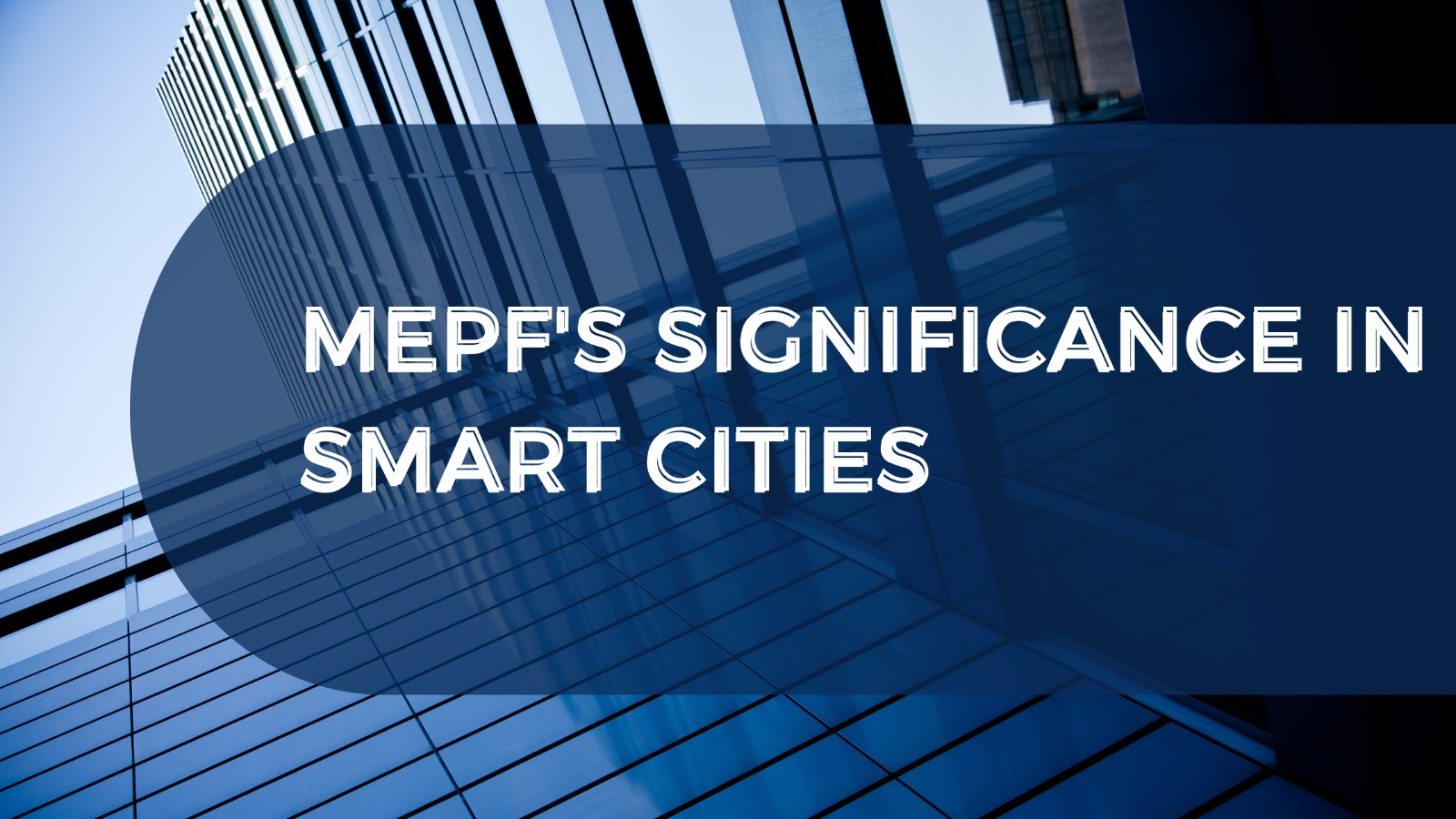MEPF's Significance in Smart Cities
20 December 2023n the quest for more sustainable and efficient urban living, the concept of smart cities has gained momentum worldwide. Smart cities harness technology and data to optimise various aspects of urban life, from transportation and energy management to healthcare and education. Amid this digital transformation, the importance of Mechanical, Electrical, Plumbing, and Fire Protection (MEPF) systems in smart cities cannot be overstated. These systems are the lifeblood of modern cities, ensuring seamless operation, comfort, and safety for residents. In this blog, we will explore the pivotal role of MEPF systems in the development and sustainability of smart cities.
Energy Efficiency
One of the primary goals of smart cities is to reduce energy consumption and lower greenhouse gas emissions. MEPF systems play a central role in achieving this. Smart building management systems integrated with MEPF control lighting, heating, cooling, and ventilation based on real-time occupancy and environmental data. This dynamic optimization not only reduces energy wastage but also enhances the overall quality of life for residents. By using energy-efficient MEPF systems, smart cities can significantly lower their carbon footprint.
Sustainable Water Management
Water scarcity is a growing concern in urban areas. MEPF systems in smart cities are designed to conserve water by implementing efficient plumbing and wastewater treatment technologies. Smart sensors can monitor water quality and usage, allowing for real-time adjustments to reduce water waste. Additionally, rainwater harvesting and recycling systems can be incorporated into MEPF designs, contributing to sustainable water management.
Improved Air Quality
Ensuring clean and breathable air is vital for the well-being of urban residents. Smart MEPF systems can continuously monitor indoor air quality and adjust ventilation and filtration accordingly. By purifying indoor air and optimising airflow, smart cities can significantly improve public health and reduce the prevalence of respiratory diseases.
Enhanced Safety and Security
Fire protection is a critical aspect of any urban environment. Smart MEPF systems incorporate advanced fire detection and suppression technologies. They can detect fires early, trigger alarms, and automatically activate fire suppression systems, greatly reducing the risk to life and property. In addition, integrated security systems can work alongside MEPF systems to ensure a safer environment for all residents.
Infrastructure Resilience
Smart cities need to be resilient in the face of natural disasters and emergencies. MEPF systems, when designed with redundancy and robustness in mind, can contribute to the city's overall resilience. Backup power systems, disaster recovery plans, and failover mechanisms within MEPF can help maintain critical services during crises, ensuring that essential infrastructure remains functional.
Data Collection and Analytics
MEPF systems are not just about providing comfort and safety; they are also a source of valuable data. Smart cities leverage this data to make informed decisions. For instance, electrical consumption data can be used to predict peak load times and optimize energy distribution. Plumbing and wastewater data can help predict potential blockages or leaks. The information collected by MEPF systems is a valuable resource for urban planning and policy development.
Conclusion
n the evolution of modern cities into smart cities, MEPF systems are the unsung heroes. These systems are the backbone of urban infrastructure, ensuring that residents have access to efficient energy, clean water, and safe living conditions. Through integration with smart technologies, MEPF systems not only enhance the quality of life but also contribute to sustainability and resilience. As smart cities continue to evolve, it is crucial that planners and developers recognize the importance of MEPF systems in achieving their goals of efficiency, sustainability, and improved quality of life for residents.
